-
×
 Blessed Caroline Gerhardinger Rosary | Customizable
1 × $99.00
Blessed Caroline Gerhardinger Rosary | Customizable
1 × $99.00 -
×
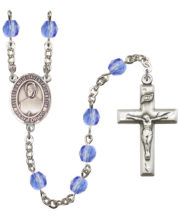 Blessed Emilie Tavernier Gamelin Rosary | Customizable
1 × $94.99
Blessed Emilie Tavernier Gamelin Rosary | Customizable
1 × $94.99 -
×
 Blessed Caroline Gerhardinger Rosary | Customizable
1 × $99.00
Blessed Caroline Gerhardinger Rosary | Customizable
1 × $99.00 -
×
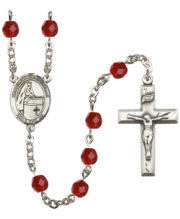 Blessed Emilee Doultremont Rosary | Customizable
1 × $94.99
Blessed Emilee Doultremont Rosary | Customizable
1 × $94.99 -
×
 Blessed Emilie Tavernier Gamelin Rosary | Customizable
1 × $99.00
Blessed Emilie Tavernier Gamelin Rosary | Customizable
1 × $99.00 -
×
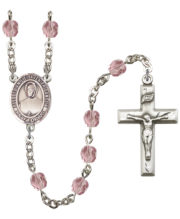 Blessed Emilie Tavernier Gamelin Rosary | Customizable
1 × $94.99
Blessed Emilie Tavernier Gamelin Rosary | Customizable
1 × $94.99 -
×
 Blessed Emilee Doultremont Rosary | Customizable
1 × $99.00
Blessed Emilee Doultremont Rosary | Customizable
1 × $99.00 -
×
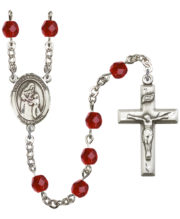 Blessed Caroline Gerhardinger Rosary | Customizable
1 × $94.99
Blessed Caroline Gerhardinger Rosary | Customizable
1 × $94.99 -
×
 Blessed Caroline Gerhardinger Rosary | Customizable
1 × $94.99
Blessed Caroline Gerhardinger Rosary | Customizable
1 × $94.99 -
×
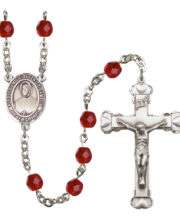 Blessed Emilie Tavernier Gamelin Rosary | Customizable
1 × $99.00
Blessed Emilie Tavernier Gamelin Rosary | Customizable
1 × $99.00 -
×
 Blessed Emilee Doultremont Rosary | Customizable
2 × $94.99
Blessed Emilee Doultremont Rosary | Customizable
2 × $94.99 -
×
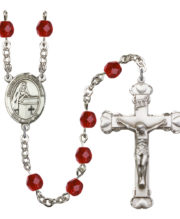 Blessed Emilee Doultremont Rosary | Customizable
1 × $99.00
Blessed Emilee Doultremont Rosary | Customizable
1 × $99.00 -
×
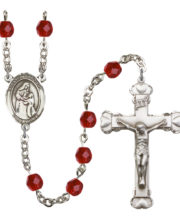 Blessed Caroline Gerhardinger Rosary | Customizable
1 × $99.00
Blessed Caroline Gerhardinger Rosary | Customizable
1 × $99.00 -
×
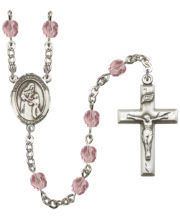 Blessed Caroline Gerhardinger Rosary | Customizable
1 × $94.99
Blessed Caroline Gerhardinger Rosary | Customizable
1 × $94.99 -
×
 Blessed Emilee Doultremont Rosary | Customizable
1 × $99.00
Blessed Emilee Doultremont Rosary | Customizable
1 × $99.00 -
×
 Blessed Emilie Tavernier Gamelin Rosary | Customizable
1 × $99.00
Blessed Emilie Tavernier Gamelin Rosary | Customizable
1 × $99.00 -
×
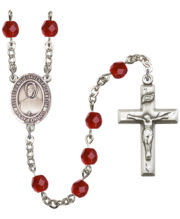 Blessed Emilie Tavernier Gamelin Rosary | Customizable
1 × $94.99
Blessed Emilie Tavernier Gamelin Rosary | Customizable
1 × $94.99 -
×
 Blessed Emilee Doultremont Rosary | Customizable
1 × $94.99
Blessed Emilee Doultremont Rosary | Customizable
1 × $94.99
Uncategorized
This Student Gave His Professor A Letter of Absence Signed By the Pope!
Pope Francis Write a Letter Requesting Student be Excused from Class
Wyatt Olivas, a 19-year-old student at the University of Wyoming, recently had an unusual request for Pope Francis. After spending the past four weeks as a member of Vatican’s 2023 Synod on Synodality, Wyatt asked the Pope to sign a letter excusing him from classes, and Pope Francis happily did so!
Wyatt drafted a letter to his professors explaining his need for rest after serving as a voting member of the Synod of Synodality which just concluded its meetings in the Vatican this month. And who better to sign it than the Pope who was tasked with overseeing the Synod? With a chuckle and a large smile, Pope Francis agreed to sign the letter!
Imagine the look on the professor’s face when they are handed a signed letter of absence from the Pope!
What did the letter say?
“Wyatt A. Olivas has been an integral part of the Synod on Synodality, working diligently to contribute to this significant event in the Church. His efforts have been greatly appreciated by the Church community, and we are grateful for his dedication and hard work. As a result of his tireless efforts, we believe Wyatt deserves a break from his classes to recharge and rejuvenate
During his time working on the Synod, Wyatt has been a vital member of our community, displaying a deep commitment to the Church and its values. We recognize the importance of his contributions and would like to extend our gratitude by allowing him some time off from his academic responsibilities.
“Wyatt, has pinky promised to return to his classes and complete his work, and we trust that he will keep his word. We are confident that, after this much-needed break, he will return to his studies with renewed energy and focus. Therefore, we kindly request that he be excused from his classes for a short period.”
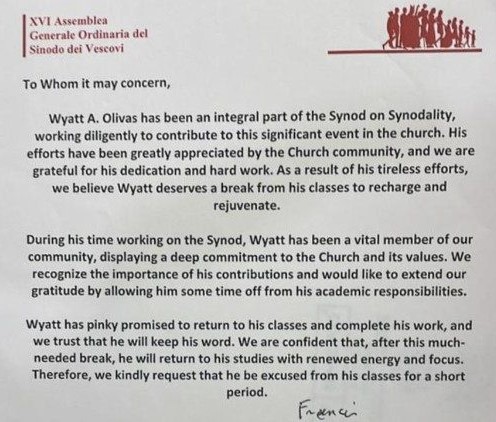
Image source: VaticanNews.VA
What is the Synod of Synodality?
The Vatican’s 2023 Synod on Synodality was a significant event in the Catholic Church that aimed to foster a culture of dialogue and discernment among all members of the Church. The Synod was launched by Pope Francis and was designed to be a journey of ‘walking together’ and listening to the Holy Spirit.
The Synod on Synodality opened with a “diocesan phase” in October 20212 and concluded with the XVI Ordinary General Assembly of the Synod of Bishops at the Vatican in October 20232. A second, continental phase took place from September 2022 to March 20233.
The Synod’s General Secretary and the Relator General highlighted the spirit of the synodal process and invited its members to listen to the Holy Spirit to understand God’s will for the Church in the third millennium. The Synod was seen as an opportunity for the Church to grow in vigor, educating it in the synodal experience of ‘walking together’.
The Assembly was called to be a strong sign of synodality for the Church, listening to the Word of God, in light of Tradition, to understand God’s will for today1. It aimed to show the Church as one and only, expressing unity among all People of God with their Pastors.
In addition, Pope Francis announced that meetings of the Synod of Bishops, originally scheduled to be held in October 2023, would also take place in October 2024 as part of the same Synod but held in two sessions.
For participant selection, nearly a third of the 364 voting delegates in the 16th Ordinary General Assembly of the Synod of Bishops were chosen directly by Pope Francis5. For the first time, laypeople were not only participants in the Synod of Bishops assembly but also full members, with the ability to vote on a final document at the end of the process in October 2024. Many non-bishop participants (who were a minority, at around 21%), were proposed by bishops’ conferences around the world, before being approved by Pope Francis. Others were appointed directly by the Pope.
As for discussion topics, one objective of the synod on synodality was to examine “how responsibility and power are lived in the Church as well as the structures by which they are managed, bringing to light and trying to convert prejudices and distorted practices that are not rooted in the Gospel”. The delegates discussed questions posed in a recently released document which covers such hot-button topics as women deacons, priestly celibacy, LGBTQ outreach, and highlights a desire for new institutional bodies to allow for greater participation in decision-making by the “People of God”
